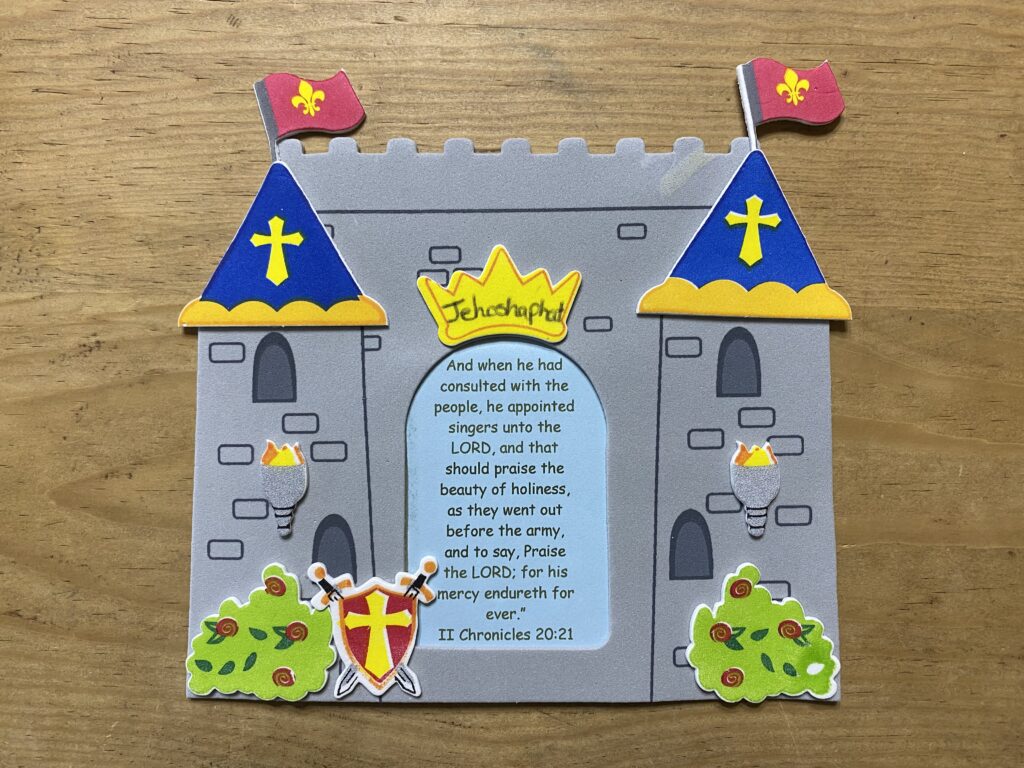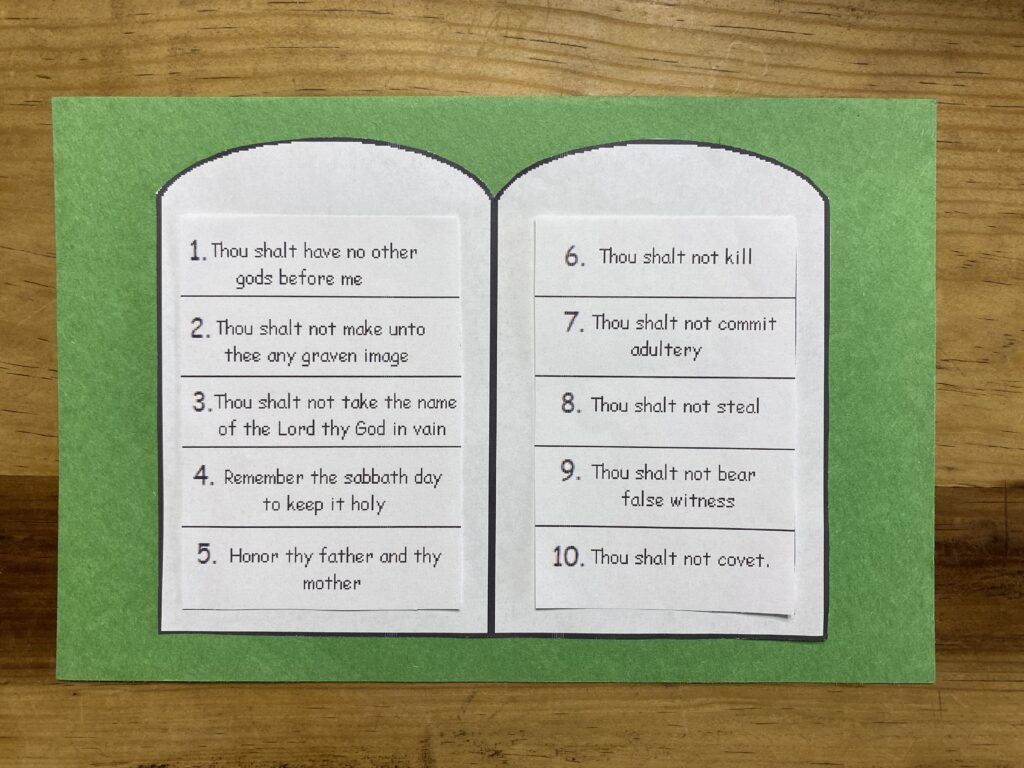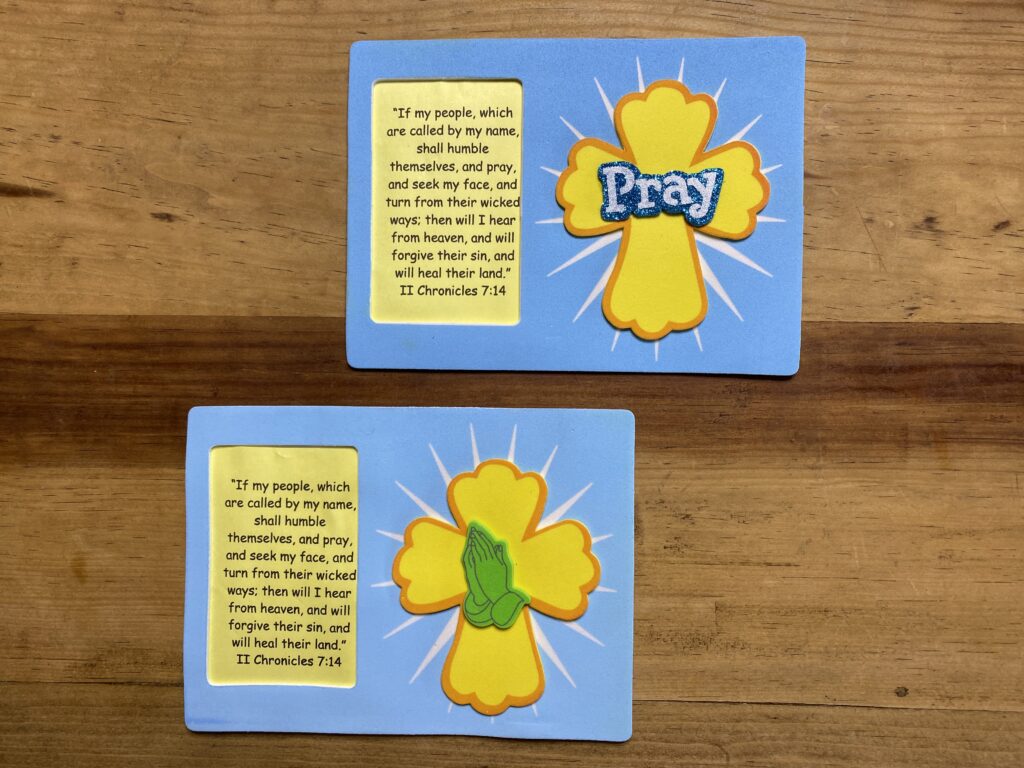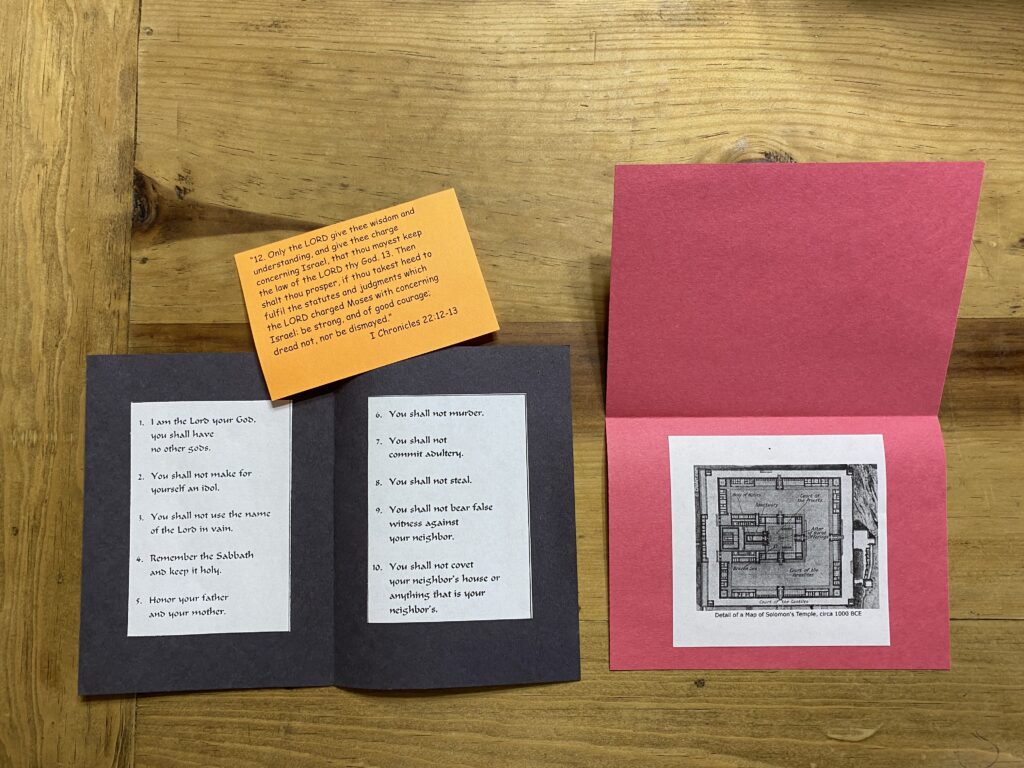
Key Verse
What shall we then say to these things? If God be for us, who can be against us?
—Romans 8:31
Key Verse Thought: Read today’s key verse. As you read this verse, recognize that when God is for us, no one can stand against us. But the important thing to understand – just when it is that God is for us. God is with the people who seek to obey God’s commands. “In that I command thee this day to love the LORD thy God, to walk in his ways, and to keep his commandments and his statutes and his judgments, that thou mayest live and multiply: and the LORD thy God shall bless thee in the land whither thou goest to possess it” (Deuteronomy 30:16). Also see: “The young lions do lack, and suffer hunger: but they that seek the LORD shall not want any good thing” (Psalm 34:10).
Emphasis: As you look at today’s lesson, understand the importance of not only hearing and learning God’s Words, but that it is imperative to implement God’s Word in our lives. Then when the enemies oppose, we can trust God to fight our battles for us.
Lesson Summary: In our last lesson, we considered King Rehoboam a bad king, for he forsook God. We also remembered his son, King Abijam (a bad king) and King Asa (a good king). We learned about many good things they did for Judah. However, King Asa was the king that did that which was good and right in the eyes of the Lord his God. He put away the false idols and served God only.
In this lesson, we remember that when King Asa died, his son, Jehoshaphat, became king of Judah. He too, was a good king. Once he became king, he eliminated idol worship. He then strengthened the cities of Judah – physically and spiritually. By placing mighty soldiers in the different cities, he strengthened them physically. When he sent princes, priests, and Levites into every city teaching the Word of God to the people, he strengthened them spiritually.
When King Jehoshaphat helped wicked King Ahab in battle (the battle in which King Ahab died), King Jehoshaphat almost lost his life. When he cried out to God, God delivered him. For that alliance with wicked King Ahab (and also with King Jehoram), Jehoshaphat was rebuked by the prophet of the Lord. After that rebuke, he sent judges throughout the land to be sure the people not only knew the Word of the Lord, but that God’s Word was implemented in their lives. Then the enemy came up against them. We will see what happens to a people who place their trust in God – not man. When King Ahab’s son became king of Israel, he asked for King Jehoshaphat’s help against Moab. God gave the promise of victory through his prophet Elisha.
Remember again: the Chronicles do not dwell upon the wrongdoings of the kings, but what good they accomplished for Judah.
Y2Q2 – Lesson 7 Children’s Worksheets
If you are teaching this lesson to children, the following is a craft idea to help them remember it.














